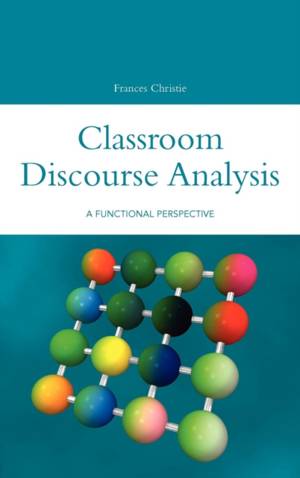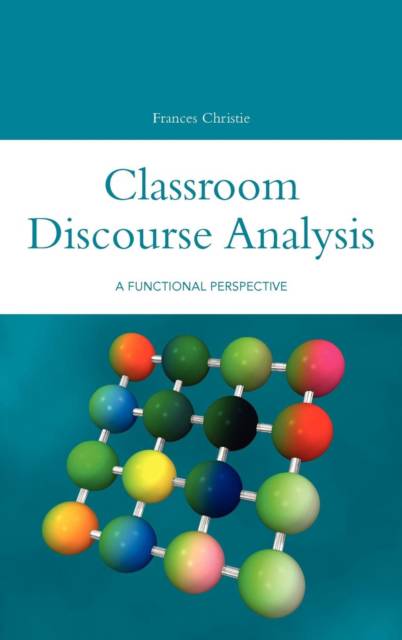
- Retrait gratuit dans votre magasin Club
- 7.000.000 titres dans notre catalogue
- Payer en toute sécurité
- Toujours un magasin près de chez vous
- Retrait gratuit dans votre magasin Club
- 7.000.000 titres dans notre catalogue
- Payer en toute sécurité
- Toujours un magasin près de chez vous
Description
This book offers a model of classroom discourse analysis that uses systemic functional linguistic theory and associated genre theory to develop a view of classroom episodes as 'curriculum genres', some of which operate in turn as part of larger unities of work called 'curriculum macrogenres'. Drawing on Bernstein's work, Christie argues that two registers operate in pedagogic discourse: a regulative register, to do with the goals and directions of the discourse; and an instructional register, to do with the particular 'content' or knowledge at issue. Each can be shown to be realized in distinctive clusters of choices in the grammar. The operation of the regulative register determines the initiation, pacing, sequencing and evaluation of the overall pedagogic activity.
The book sets out the its methodology in detail by reference to a number of classroom texts, and a range of school subjects. Overall, schools emerge as sites of symbolic control in a culture.Spécifications
Parties prenantes
- Auteur(s) :
- Editeur:
Contenu
- Nombre de pages :
- 208
- Langue:
- Anglais
- Collection :
Caractéristiques
- EAN:
- 9780826453730
- Date de parution :
- 18-03-05
- Format:
- Livre relié
- Format numérique:
- Genaaid
- Dimensions :
- 165 mm x 240 mm
- Poids :
- 444 g







